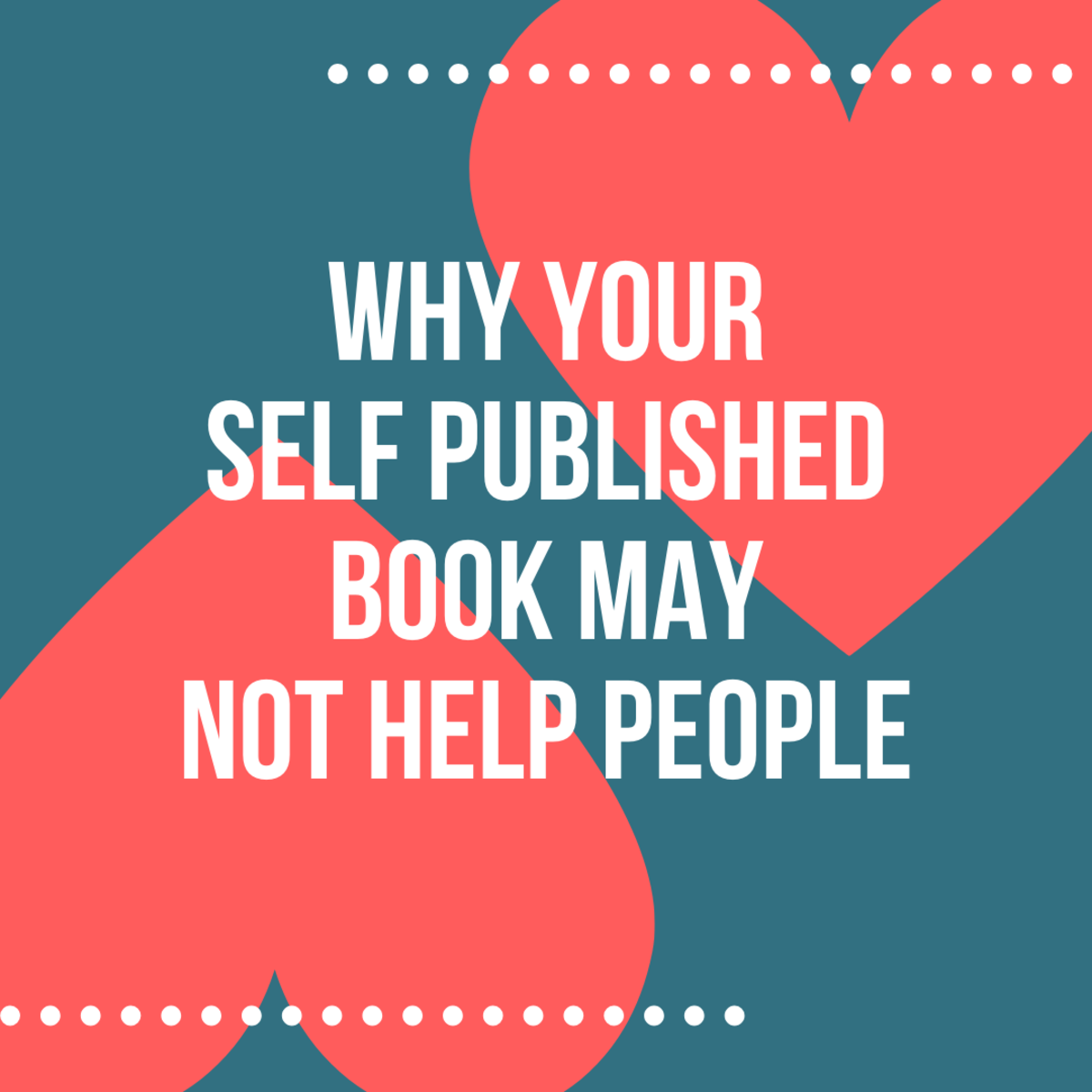Google's Panda Update: A Look at the Upside
Original Intentions?
There's a lot of noise going on about Google's latest Panda update, which was "quietly" launched earlier this year. As a result of this latest algorithmic change, many sites saw a drastic drop in traffic as well as rankings. By all accounts it appears that Google made these changes in an attempt to "reduce rankings for low-quality sites", and to clean up some of the mess of scraper sites (websites that republish other people's content on their own site, usually making money from Google Adsense in the process). Frank Watson, an SEO guru of sorts, states that "Google created the mechanism that clogs its own data centers and overwhelms its own spam centers". In short, this latest update seems to be Google's way of cleaning out the clutter.
Problem is, there was a lot of collateral damage to many sites that were not among these so-called scraper sites. Even though Google claimed that only 11.8% of U.S. queries were impacted by the update, it was enough to do big damage (organic traffic losses of up to 80% were reported) to many unsuspecting online business owners, webmasters and SEOs. On the flip-side, the update was supposed to improve rankings for quality sites, thereby rewarding those with good, original content and eliminating the WannaBe's in one fell swoop. Whether or not Google's intentions were successful remains to be seen (at this point, anyway).

23 Questions?
Google's head of search, Arnit Singhal, published a blog on Google Webmaster Central, offering a bit of advice for any who cared enough to keep their rankings in good stead (with Google). He suggested you "should ask yourself and consider (these questions) when trying to understand why a site was impacted by this update". Writers who post on HubPages (or anywhere else, for that matter) will benefit from perusing this article. While some of the questions are more directly posed for webmasters and site owners, there are many others that can impact us (writers) as well. It is likely the good folks who run the HubPages show are well aware of these things already. But for those who are not SEO savvy (like me), it is well worth the time to learn more. Unless, of course, you care nothing about honing your craft and gaining a larger audience.
If, however, you are among those who aspire to make a name for yourself as a quality writer, and you plan on using the internet toward that end, it makes sense that you would learn from those who understand the dynamics of this ever-changing platform. On the internet, nothing stays the same for very long. So we either keep up or get spit out. Not a pretty analogy, but true nonetheless.
The Impact on Writers
I would not have learned what I've learned over the past weeks had it not been for the HubPages team. I am in no way an SEO expert, nor do I have any desire to be. But I am eager to learn (always!) about things I know little about that may affect my own aspirations; among them, my ability to expand my audience and hone my craft (skills). So, as I was reading and learning and reading some more, the thought occurred to me that while the fiscal impact of Google's antics have very little affect on me (at the moment, anyway), the affects of Panda on the overall quality of sites does, indeed, affect me.
The "how" of all that is as much about my work ethic as it is my endless desire to be better, to write better, to grow as a writer and a human being. For all the various sites I've written on/for over the past 4 years, many of them were tossed precisely because of the poor quality of the other writers. In other words, I did not want to be in a place where my work would be compared to the work of people who were so obviously not writers. The poor grammar, the appalling misuse of the language, the mindless garbage that was published on some of those sites was enough to make me consider not writing on the net altogether. Happily, I'm not easily dissuaded. My thirst for knowledge, along with my tenacity, led me to better sites with better content.

Back to the Upside
I now have a clearer understanding of why sites like eZineArticles.com do what they do. At first, it annoyed me that they took so long publishing my articles. But soon enough, I figured out why. The result of their very persnickety procedures is high quality articles with high rankings across the board. They didn't get there by accident. Those people are downright tyrannical when it comes to the editing process. But it's proven to be of great benefit to me because ofthat fact. They simply do not allow garbage on their site. That, in many ways, is precisely what Google was shooting for in the first place.
I believe that there is great value in weeding out the junk. Call me arrogant, but I see no value to the site or the writers when badly written articles are allowed to be published in the name of quantity. And it would appear that Google feels the same way about such sites. I may not know all that much about search engine optimization or why Google does what it does, but I do know quality (writers) when I see them. HubPages would do well to use this latest update to its advantage. And so would those of us who actually have a work ethic. If the work is good, and the site maintains its own integrity, the impact of these latest changes will, in the end, benefit all of us. So I shall leave you with this:
Don't waste time or energy on how Google works or why they do what they do. Instead, use that energy to hone your craft. Check your work. Stay true to your passion(s). If you don't care enough to review and edit your work, it is quite likely that the readers you're fishing for aren't going to take the bait anyway. So why bother?
To learn more...
- Google Panda Update Tip: Remove Low-Quality Content - Search Engine Watch (#SEW)
Improve it or remove it. With Google's Panda Update, low-quality content can impact an entire domain, but removing these pages -- or moving them to a dif... - Official Google Webmaster Central Blog: More guidance on building high-quality sites
- Search Engine Algorithm Changes
Chris Knight, CEO of eZineArticles.com, shares how the site is making adjustments to regain its footing since the latest Google updates.








